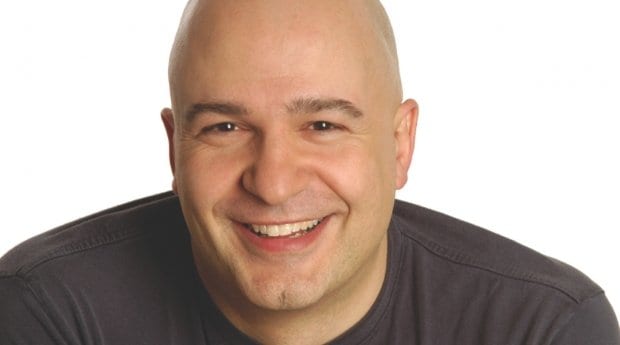Four years ago, Nicole Garbutt co-founded It Gets Better Yellowknife to provide information and services to LGBT youth. “We had a lot of people who said, This is great — Yellowknife needs something like this directed at youth with access to information and programs.”
There was just one sticking point. “When we launched it, we started using the word queer and had a little bit of a blowback from people about it,” she says.
Group members released a statement explaining their choice, focusing on queer as a term meant to encompass as many identities as possible, to welcome a broad range of people.
Garbutt says her research had shown that “queer” was the word more often preferred by youth. They seem to appreciate it as an umbrella term, she says, rather than something that might force them to identify more specifically on the LGBT spectrum. Garbutt says “queer” felt immediately natural to her, too, when she came out.
Controversy over the word arose again a year later when organizers of the first Northwest Territories Pride Festival used the word queer and some gay men opted to boycott the festivities as a result.
Yellowknifers have since warmed to the word, Garbutt believes.
Yves Lafontaine, editor-in-chief of Montreal’s French-language gay magazine Fugues, says the word queer scarcely makes an appearance in that city’s culture. Rather than a switch from gay and lesbian to queer, he says, he’s seeing a switch from gay and lesbian to LGBTQ.
“And for the francophone part, queer has no resonance,” adds Lafontaine, who identifies as a gay man.
There was a youth group that briefly attempted to get the word “allosexual” to catch on, he notes, but Lafontaine says people were more inclined to make fun of the new term than use it to describe themselves.
Lafontaine also points to a poorly received tourism campaign a year and a half ago aimed at bringing visitors to “Queer Montreal.” The word has been scrapped from further marketing strategies, he says.
In Toronto, Fab magazine’s last readership survey, in 2010, found that only 19 percent of respondents use the word queer to identify themselves; most prefer gay. Though the magazine (owned by Xtra publisher Pink Triangle Press) ceased publication last year, its readership was primarily gay men in the Toronto area.
Marie Jolie Rwigema has been living in Toronto and calling herself queer for more than a decade. In a city the size of Toronto, she says, the LGBT community is split into smaller scenes, each with its own set of values and language to describe itself.
“You can go to a party which is all black, you can go to a party that’s all South Asian, you can go to a party that are all trans, and each of them will use their own language to describe themselves,” she says. “It’s not simple.”
Rwigema says she identifies strongly with the word queer for its history as an oppositional and anti-oppressive identity, as does most of her community of 20- and 30-something artists and activists of colour. She thinks the communities in Toronto that refer to themselves predominantly as gay and lesbian tend to be predominantly white.
“Queer people of colour, queer or trans or genderqueer — nobody is using the words gay and lesbian at all,” she says. “They’re all indicators of lines of division, distinction around gender identity and racial and ethno-cultural identity.”
Victoria Schwarz grew up in cottage country outside Toronto and believes the word queer is a strong and unifying descriptor for a large and diverse group of people. But the word lesbian, she says, allows her to carve out a space under that umbrella that better reflects her femininity.
“Even just identifying as a lesbian is a bit more pinpointed, a big more feminine and woman-centric,” she says. But she prefers to go one step further, most often identifying as a femme lesbian.
Given her feminine appearance, she says, she often feels invisible, even among other queer people.
“We’re assumed straight until proven elsewise,” she says. “Even in the gay community it’s little bit like that, and I think that’s one of the reasons I call myself a feminine lesbian because it’s an important part of my identity. I’m not just a lesbian. I’m a feminine lesbian.”

 Why you can trust Xtra
Why you can trust Xtra


